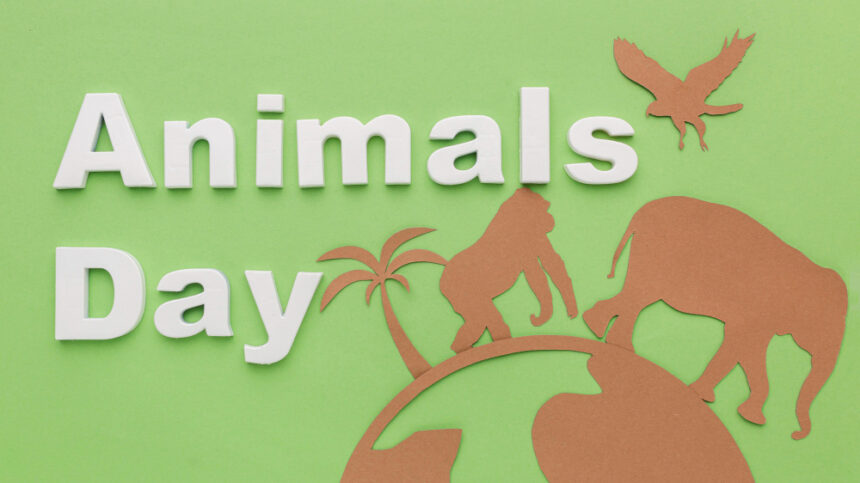Citizen science has become a vital tool in animal conservation, harnessing the collective efforts of volunteers and enthusiasts to gather valuable data and insights. This collaborative approach not only advances scientific research but also boosts public engagement and awareness, crucial for global efforts to safeguard animal species.
Data Collection and Monitoring
Citizen scientists actively participate in initiatives like bird counts, wildlife surveys, and habitat assessments. By recording their observations, they contribute to extensive datasets used by researchers to analyze species populations, behaviors, and trends. This data is pivotal in setting conservation priorities and developing effective management strategies.
Geographic Reach and Scale
One of citizen science’s strengths is its ability to cover vast and remote areas inaccessible to professional researchers. Through community projects and online platforms, volunteers from diverse backgrounds contribute observations, enriching our understanding of species dynamics and environmental changes on a global scale.
Education and Public Awareness
Engaging citizens in scientific research nurtures a deeper connection with nature and wildlife. Projects often include educational elements that empower participants with knowledge about local ecosystems, conservation issues, and scientific methods. By involving people in activities like species monitoring, these initiatives raise awareness about biodiversity conservation and inspire action in their communities.
Community Empowerment and Collaboration
Citizen science fosters collaboration among scientists, conservation groups, and local communities. By involving stakeholders in project planning and decision-making, these initiatives build trust and partnerships crucial for long-term conservation success. Local insights complement scientific knowledge, leading to more informed and culturally sensitive conservation approaches.
Policy Influence and Advocacy
Data collected through citizen science projects strengthens arguments for habitat protection and wildlife conservation in policy discussions. Volunteers provide robust scientific evidence that supports assessments of species conservation status and informs legislative measures. Their firsthand experiences also empower them to advocate for environmental policies, influencing government agencies to prioritize conservation efforts.
ASH CK

